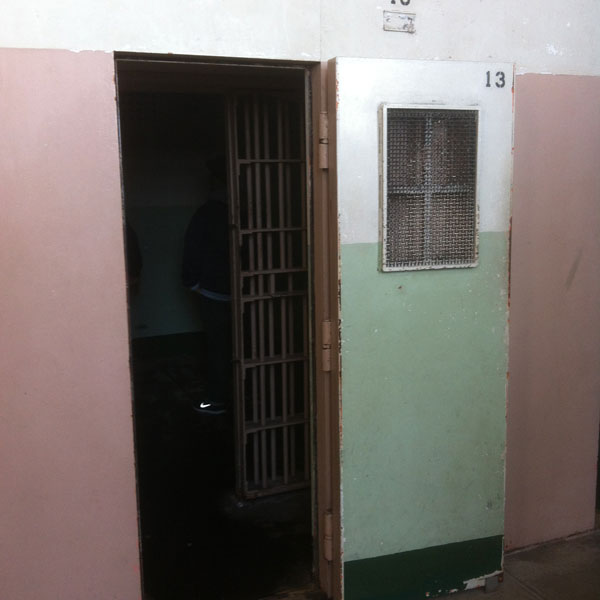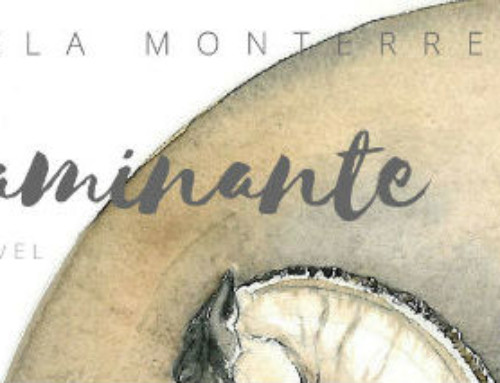You’re registering your domain and the domain registrar offers you WHOIS Guard or Private Registration. What’s that all about?
I get this question quite often, “Should I but these private registration services?” The answer is: it’s not a bad idea.
I find it a not too distant cousin of blackmail. It’s a bit like when you have your new telephone number the phone company is going to list it in the Yellow Pages (link to Wikipedia entry for those of you under 28). I pay AT&T something like a dollar per month to not list my phone number publicly. Wouldn’t it seem logical to be the other way around? I could pay to have it listed? Anyway, enough of the philosophy behind it …
Here are your three options.
Your Info
Registrant Contact:
Samuel P. Taylor, [email protected]
298 Redwood Drive
Marin, CA 94293
(415) 999-3829
WHOIS Guard
Registrant Contact:
WhoisGuard
WhoisGuard Protected
11400 Olympic Blvd.
Los Angeles, CA 90064
Fake or Limited Info
Registrant Contact:
n/a, [email protected]
n/a
n/a
n/a
n/a, 94293
Still wondering what to do? The private registration will use the typical scare tactics and tell you that your information is available to the public and the spammers are just waiting to pull your email into their database of spammy garbage and … they’re right. That is what will happen.
I generally advise people to use their Google Voice number or maybe a PO box if they don’t want to pay the few bucks per year per domain–it can add up if you’re a domain hoarder like, uh, some of us are. But if you’d like to just have one less place out there that has your info, Namecheap is a good registrar and they’ll give it to you for free for the first year and then it’s something like $2.88/year. GoDaddy charges a whopping $9.99 per year per domain.
What do you usually do with your domains? Do you get the protection services? Just leave the real deal out there for the spammers? Or give your cousin’s neighbor’s address?

Is it worth the domain name protection of a service like WHOIS Guard?






All Canadian (.ca) domains have this service provided by the CIRA, at least for “personal” registrations. If a business registers a domain it might be different. Then there is a web form on the CIRA website that allows someone to contact the registrant if desired, but it does not reveal the registrant email address.
https://cira.ca/privacy/policy.html
For .com and other domains I use http://myprivacy.ca to get an email address that I use for whois information, and then whitelist my registrar so I do not miss any important email from them. Certainly not perfect anonymity but reasonable protection against casual abuse.
Oh, yeah, both of these are free.
Tres bon Article vraiment très instructif !!
Hi, i believe that i saw you visited my website thus i came to go back the prefer?.I’m trying to find things to improve my web site!I guess its ok to use a few of your ideas!!
test